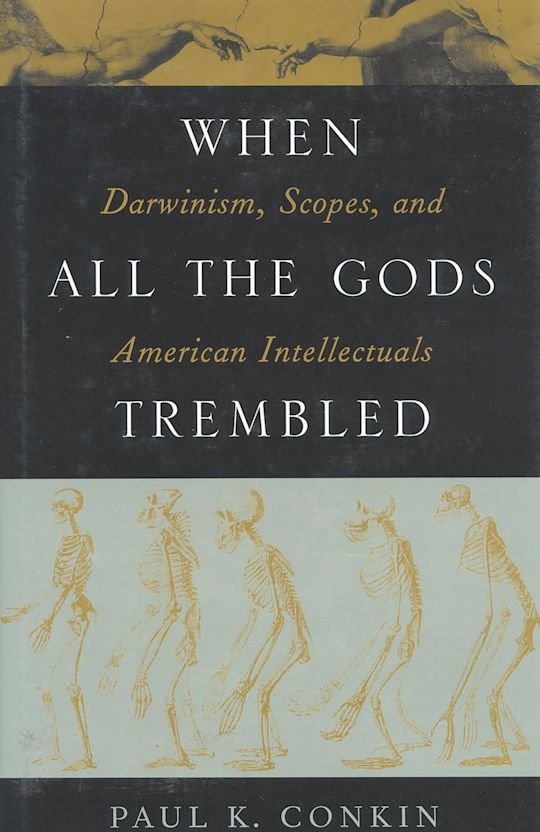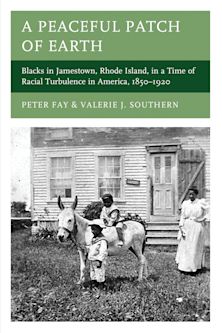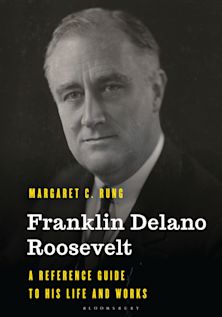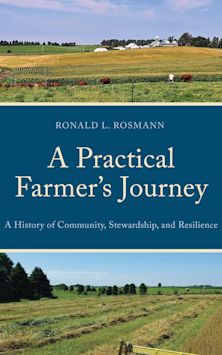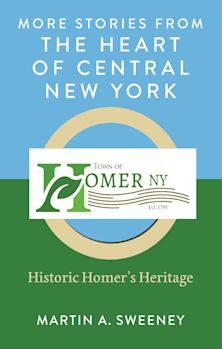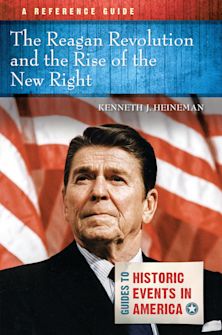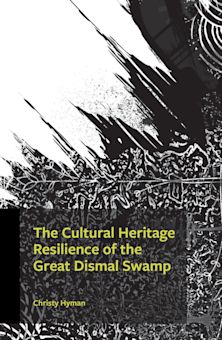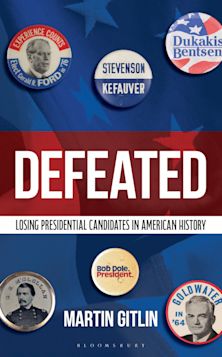- Home
- ACADEMIC
- History
- United States History
- When All the Gods Trembled
When All the Gods Trembled
Darwinism, Scopes, and American Intellectuals
- Textbook
When All the Gods Trembled
Darwinism, Scopes, and American Intellectuals
- Textbook
For information on how we process your data, read our Privacy Policy
Thank you. We will email you when this book is available to order
Buy from Bloomsbury eTextBooks
You are now leaving the Bloomsbury Publishing website. Your eBook purchase will be with our partner https://www.vitalsource.com.
Your credit card statement will show this purchase originating from VitalSource Technologies. They will also provide any technical assistance you might require.
You must sign in to add this item to your wishlist. Please sign in or create an account
Description
With characteristic eloquence and insight, prominent historian Paul K. Conkin explores large, indeed cosmic issues in When All the Gods Trembled. Conkin focuses his analysis on the numerous challenges in the late nineteenth and early twentieth century to age-old beliefs in the existence of a god, in a world that exhibits some extrinsic or intrinsic purpose, in the divine origin and special destiny of humans, and in transcendent moral values. By the 1920s, these challenges had created a major crisis of faith.
Conkin traces the origins of Western beliefs about the gods and about human origins, beliefs shared by the three great Semitic religions. He proceeds with a searching and original analysis of Charles Darwin's Origin of Species, rejecting conventional understandings of Darwin in order to probe the logical credentials of his thesis and its implications for Christian theology. From Darwin he moves to the deep rifts that developed between American orthodox, evangelical, and fundamentalist Christians on the one hand and liberals and modernists on the other. These tensions created the enormous public interest in the Scopes trial of 1925, which provides the subject of a revealing chapter.
The final two chapters focus on the intellectual debates during and immediately after the famous trial. One involves a dialogue among the most representative and vocal Christian intellectuals in the 1920s-the orthodox E. Gresham Machen, the liberal Harry Emerson Fosdick, and the modernist Shailer Matthews. The last chapter includes brief vignettes of a diverse group of intellectuals who rejected any version of theism, including John Dewey, George Santayana, Harry Elmer Barnes, John Crowe Ransom, Walter Lippmann, and Joseph Wood Krutch.
Conkin's survey reveals a degree of the public's disillusionment with American intellectuals during this critical period. The fundamental themes of Western civilization were crumbling, and Americans had to give up on one consoling certainty after another. The loss was great an
Table of Contents
Chapter 2 Introduction: Christian Cosmologies
Chapter 3 What Darwin Wrought
Chapter 4 Evangelicals, Fundamentals, and Modernists
Chapter 5 The Scopes Trial
Chapter 6 A Dialogue among Christian Intellectuals
Chapter 7 Beyond Theism
Chapter 8 The Gods Still Tremble: An Update
Chapter 9 Index
Product details
| Published | 01 Jan 2000 |
|---|---|
| Format | Ebook (Epub & Mobi) |
| Edition | 1st |
| Extent | 208 |
| ISBN | 9780585080895 |
| Imprint | Rowman & Littlefield Publishers |
| Series | American Intellectual Culture |
| Publisher | Bloomsbury Publishing |
About the contributors
Reviews
-
These balanced historical essays chronicle the profound impact of modern scientific and philosophical naturalism on American religious thought during the pivotal 1920s, when all the gods trembled before Darwinism and its ilk. Paul Conkin offers keen insights into the historic fundamentalist-modernist controversy and the ongoing debate over science and religion.
Edward J. Larson, Pulitzer prize-winning author of Summer for the Gods
-
Three stars . . . important.
Science and Spirit
-
When All the Gods Trembled does a fine job of identifying the specific elements in the Judeo-Christian tradition that evolutionary theory tended to undermine.
Choice Reviews
-
Conkin provides a sensitive sociocultural description of the residents of Dayton, who were humiliated by their portrayal in the national media. He is critical of the caricatures provided by those who conspired to uncover, maximize, and even manufacture a kind of 'cultural warfare.'
Karl W. Giberson and Donald A. Yerxa, Books and Culture
-
Both satisfying and enjoyable. . . . I am glad that I had an opportunity to review When All the Gods Trembled: Darwinism, Scopes, and American Intellectuals.
Michael Ruse, Florida State University, The Review of Politics
-
Distinguished historian Paul Conkin has given us a provocative book surveying a key period in America's intellectual history. Conkin deserves credit for writing an eminently readable overview with keen insights into important issues such as Darwinism, fundamentalism, and modernism.
Barry Hankins, Baylor University, Journal of Church and State









